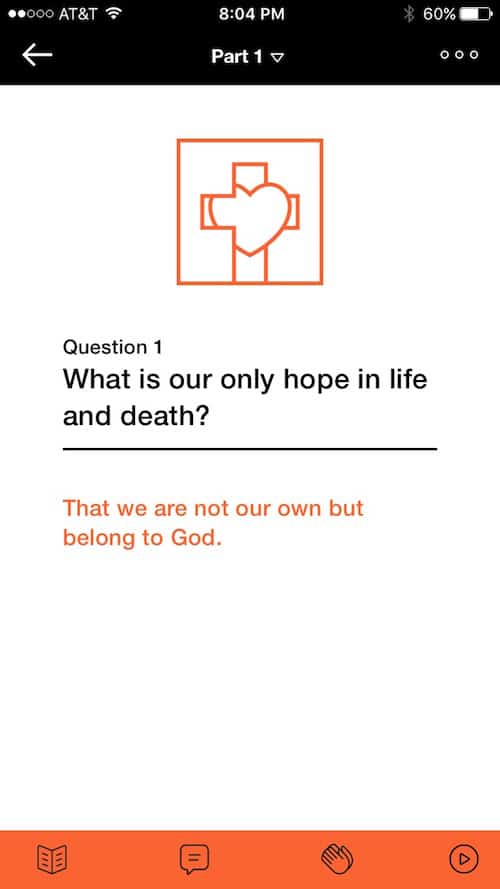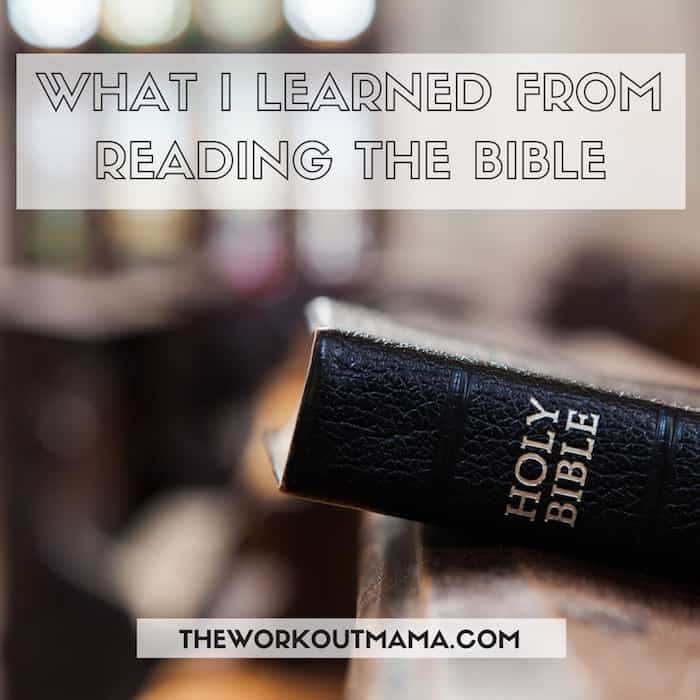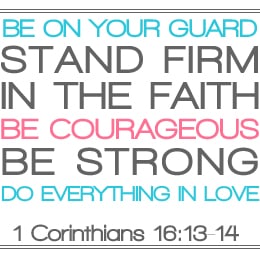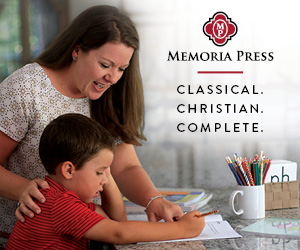For the last 6 months our family has been reading, studying, and memorizing scripture together, and using a shorter catechism. Josh and myself did not grow up in homes where this was modeled. So if we can do this anyone can. I know I am always so thankful to read examples of what this looks like in other families and thought that I would offer out a very basic outline of what we are doing.
First and foremost, if you as the parent aren’t committing to read your Bible it will be hard, to nearly impossible, to make a habit of family discipleship with your kids. In order for this to work you have to be in God’s word yourself. This year I am reading a chronological version of the Bible. Josh is using The Bible Project reading plan.
Second, pick a time of day that works for your family and be consistent. But also be aware that leading your children to follow Christ should be happening throughout the day. For our family breakfast time Monday – Friday is what has been working best. I make sure that the kids food is at the table with our books ready to be opened. We spend 15 – 20 minutes five days week at breakfast focusing on family discipleship. If you are looking for ideas on how to disciple your kids during the ins and outs of the day check out Reset for Parents: How to Keep Your Kids from Backsliding by Todd Friel.
And lastly, keep it simple but keep the truths of scripture in front of your kids. My kids need to be reminded daily of the Gospel message and to be honest so do I. The resources I am sharing today are what we have been using for the last 6 months. They don’t sugarcoat or downplay Biblical concepts or doctrine but the wording and repetitiveness of the lessons makes these these truths easier to grasp.
Our breakfast time begins with prayer. We pray that God opens our eyes and ears to see and hear what he is saying in the Bible. I always make sure to remind the kids that they are about to listen to God’s Holy Word. This helps to insure there is minimal amount of interruption while scripture is being read.
We are currently working our way through the New Testament with our kids using Old Story New by Marty Machowski. You can look inside the book on Amazon to see how the lessons work. Old Story New uses a ten-minute a day structure and walks children through the great truths of the Christian faith in the New Testament. There are simple discussion questions (and answers!!) for each day’s devotion to help children understand and remember Jesus’ life, death, resurrection, and the birth of the Christian church. Old Story New is a family devotional program designed to explain God’s plan of salvation through the New Testament and is suitable for children from preschool through high school. I can’t say enough about this great book! We also have The Gospel Storybook Bible and read the corresponding story several times throughout the week.
After we complete the lesson for the day we spend 5 minutes on our catechism question for the week. For reference we are using New City Catechism. Today many churches and Christian organizations publish “statements of faith” that outline their beliefs. But in the past it was expected that documents of this nature would be so biblically rich and carefully crafted that they would be memorized and used for Christian growth and training. They were written in the form of questions and answers, and were called catechisms.
Josh and I truly believe there is benefit for us and our children being familiar with and knowing doctrine. Using this question and answer method the catechisms explains clearly what the gospel is, but also lays out the building blocks on which the gospel is based, such as the biblical doctrines of God, of human nature, and of sin. It also helps to address false beliefs of our culture so that believers can reflect the likeness of Christ.
You can download the New City Catechism app on your phone. We love this app because it is free and we also have easy access to the songs that make it super easy to memorize each question/answer. There are 52 questions and every week we do a new question. Our kids enjoy the songs and it is amazing to see how much they are learning. We also have it in book format as well which can be purchased HERE. We finish the last few minutes reviewing memory verses from Sunday school and preschool.
And that is how we have been doing family discipleship in our home the last 6 months. It is nothing fancy but it works for us. As parents we can’t feed into our kids what we aren’t nourishing ourselves with. We have to believe what we are pouring into our children now is what the Holy Spirit will build upon later. The concepts we are teaching our kids are being imprinted on their mind and heart, waiting to be connected with new insights, teaching, and experiences. It is our responsibility to build this biblical foundation in their minds and hearts.



















